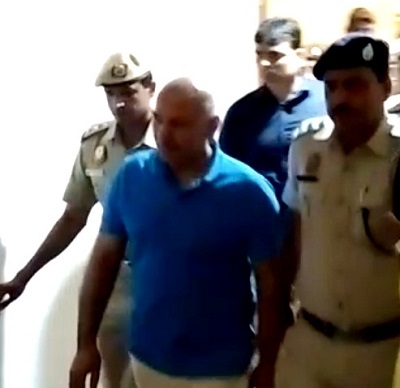New Delhi, (Asian independent) While a Delhi court on Thursday permitted journalists to cover the proceedings, it prohibited AAP activists and supporters of former Deputy Chief Minister Manish Sisodia from entering the gallery, passage, or courtroom during his appearances related to the alleged excise policy scam.
Special Judge M.K. Nagpal of Rouse Avenue Courts, however, directed mediapersons to maintain a safe distance from Sisodia, who is in judicial custody in connection with the excise policy case, and not conduct interviews with him.
The judge’s decision was prompted by an incident on June 1 when the senior AAP leader claimed that he was manhandled by security personnel during a court appearance.
Following Sisodia’s allegation of mistreatment by security personnel, the Delhi police filed an application requesting permission to produce him only via video conference, citing chaos caused by the presence of AAP supporters and media in the corridors when he is brought to court.
Initially, the court suggested that Sisodia be produced through video conference only, but after considering the arguments presented by Sisodia and his advocate, who asserted his right to physical presence for an effective hearing and participation in the proceedings, the judge ordered his physical presence in future hearings of the case.
However, the judge also directed that no public figures, AAP activists, or supporters of the accused be allowed access to the gallery, passage, or courtroom.
The lockup in-charge at Rouse Avenue Courts has also been directed to promptly report any violation of these instructions to the court.
During the hearing, the judge informed the defence counsel that hybrid hearings are permissible and, with consent, the court could issue directions for Sisodia’s appearance via video conference to prevent a recurrence of such incidents and ensure his safety.
However, Sisodia expressed his disinterest in appearing through video conference, asserting his right to physical presence.
He argued that it is the responsibility of security officers to ensure his safety during his appearances, and his right to be present in the court and participate in the proceedings should not be restricted due to their lapses or failures.








